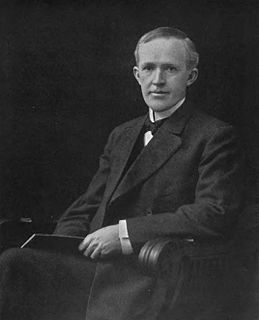A Quote by Nicholson Baker
So I really began as a failed poet - although when I first wanted to be a writer, I learned to write prose by reading poetry.
Related Quotes
Poetry has an indirect way of hinting at things. Poetry is feminine. Prose is masculine. Prose, the very structure of it, is logical; poetry is basically illogical. Prose has to be clear-cut; poetry has to be vague - that's its beauty, its quality. Prose simply says what it says; poetry says many things. Prose is needed in the day-to-day world, in the marketplace. But whenever something of the heart has to be said, prose is always found inadequate - one has to fall back to poetry.
I'm primarily a poet, so I'd have to say in my case I'd investigate the mystery in poetry in a different way than prose might investigate it, in a way that includes the power of the music of language and maybe more imaginatively in poetry, but I don't really know about better or worse. I guess it depends on the writer.
The inimitable writer Maxine Hong Kingston published a book in 2002 with the title To Be the Poet. However, in contrast to the transformatory distinctions Kingston makes between the conditions of being a prose writer and "the poet," my multigenre impulses incline me to a broader transformation: to be a writer.
In high school, in 1956, at the age of sixteen, we were not taught "creative writing." We were taught literature and grammar. So no one ever told me I couldn't write both prose and poetry, and I started out writing all the things I still write: poetry, prose fiction - which took me longer to get published - and non-fiction prose.
Productivity is a relative matter. And it's really insignificant: What is ultimately important is a writer's strongest books. It may be the case that we all must write many books in order to achieve a few lasting ones - just as a young writer or poet might have to write hundreds of poems before writing his first significant one.





































